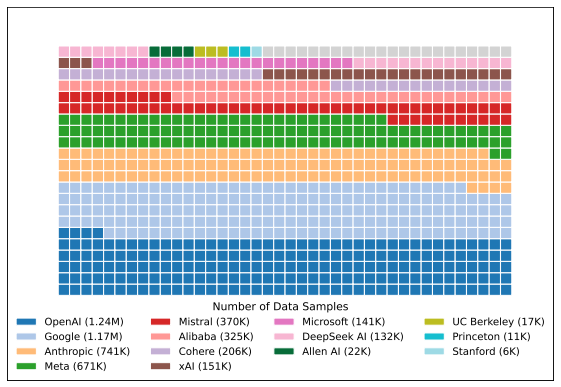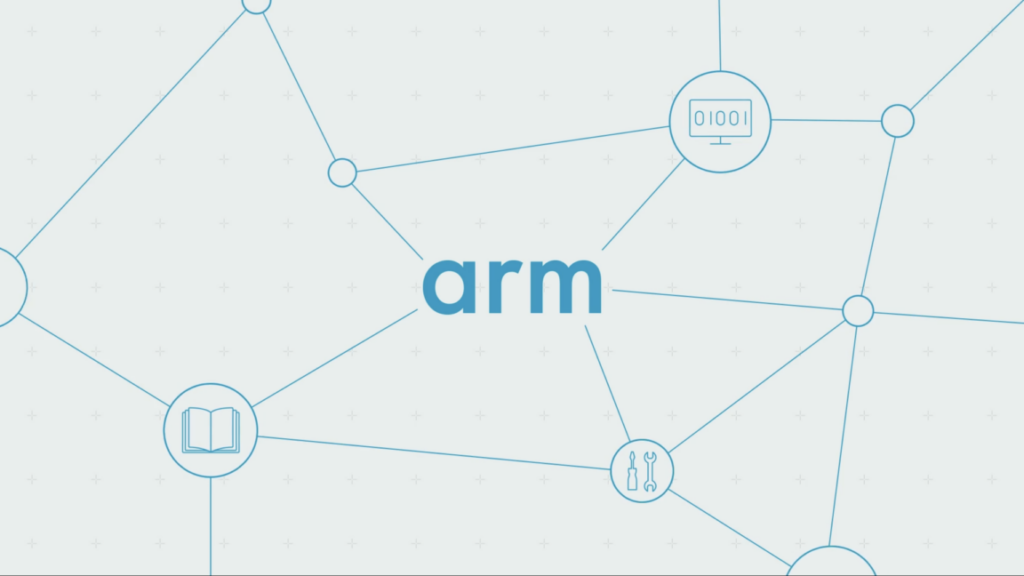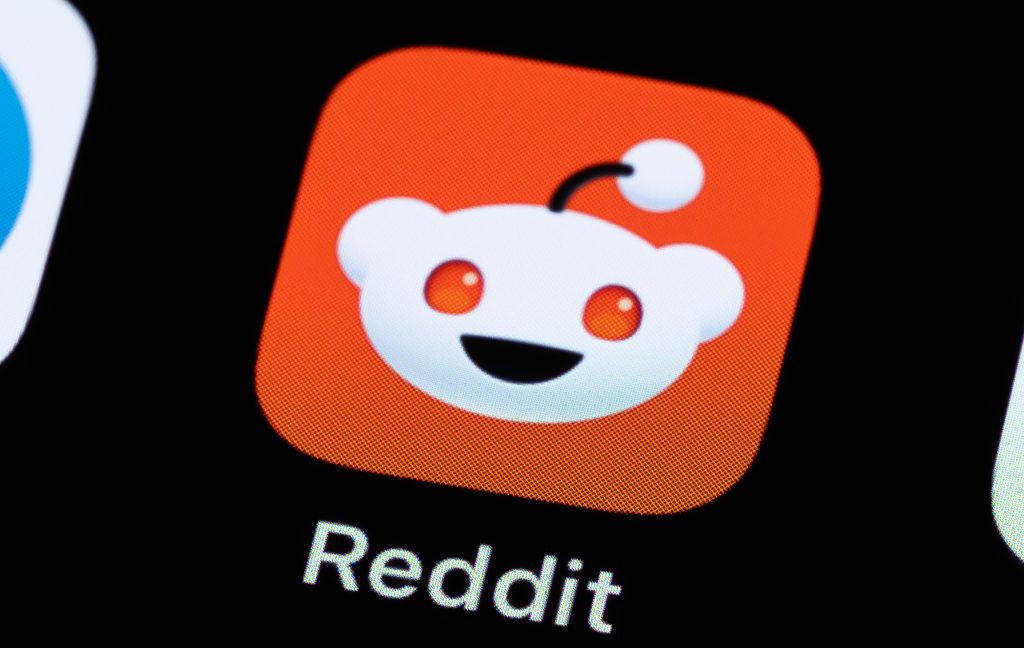Judge on Meta’s AI training: “I just don’t understand how that can be fair use”
Judge downplayed Meta’s “messed up” torrenting in lawsuit over AI training.
A judge who may be the first to rule on whether AI training data is fair use appeared skeptical Thursday at a hearing where Meta faced off with book authors over the social media company’s alleged copyright infringement.
Meta, like most AI companies, holds that training must be deemed fair use, or else the entire AI industry could face immense setbacks, wasting precious time negotiating data contracts while falling behind global rivals. Meta urged the court to rule that AI training is a transformative use that only references books to create an entirely new work that doesn’t replicate authors’ ideas or replace books in their markets.
At the hearing that followed after both sides requested summary judgment, however, Judge Vince Chhabria pushed back on Meta attorneys arguing that the company’s Llama AI models posed no threat to authors in their markets, Reuters reported.
“You have companies using copyright-protected material to create a product that is capable of producing an infinite number of competing products,” Chhabria said. “You are dramatically changing, you might even say obliterating, the market for that person’s work, and you’re saying that you don’t even have to pay a license to that person.”
Declaring, “I just don’t understand how that can be fair use,” the shrewd judge apparently stoked little response from Meta’s attorney, Kannon Shanmugam, apart from a suggestion that any alleged threat to authors’ livelihoods was “just speculation,” Wired reported.
Authors may need to sharpen their case, which Chhabria warned could be “taken away by fair use” if none of the authors suing, including Sarah Silverman, Ta-Nehisi Coates, and Richard Kadrey, can show “that the market for their actual copyrighted work is going to be dramatically affected.”
Determined to probe this key question, Chhabria pushed authors’ attorney, David Boies, to point to specific evidence of market harms that seemed noticeably missing from the record.
“It seems like you’re asking me to speculate that the market for Sarah Silverman’s memoir will be affected by the billions of things that Llama will ultimately be capable of producing,” Chhabria said. “And it’s just not obvious to me that that’s the case.”
But if authors can prove fears of market harms are real, Meta might struggle to win over Chhabria, and that could set a precedent impacting copyright cases challenging AI training on other kinds of content.
The judge repeatedly appeared to be sympathetic to authors, suggesting that Meta’s AI training may be a “highly unusual case” where even though “the copying is for a highly transformative purpose, the copying has the high likelihood of leading to the flooding of the markets for the copyrighted works.”
And when Shanmugam argued that copyright law doesn’t shield authors from “protection from competition in the marketplace of ideas,” Chhabria resisted the framing that authors weren’t potentially being robbed, Reuters reported.
“But if I’m going to steal things from the marketplace of ideas in order to develop my own ideas, that’s copyright infringement, right?” Chhabria responded.
Wired noted that he asked Meta’s lawyers, “What about the next Taylor Swift?” If AI made it easy to knock off a young singer’s sound, how could she ever compete if AI produced “a billion pop songs” in her style?
In a statement, Meta’s spokesperson reiterated the company’s defense that AI training is fair use.
“Meta has developed transformational open source AI models that are powering incredible innovation, productivity, and creativity for individuals and companies,” Meta’s spokesperson said. “Fair use of copyrighted materials is vital to this. We disagree with Plaintiffs’ assertions, and the full record tells a different story. We will continue to vigorously defend ourselves and to protect the development of GenAI for the benefit of all.”
Meta’s torrenting seems “messed up”
Some have pondered why Chhabria appeared so focused on market harms, instead of hammering Meta for admittedly illegally pirating books that it used for its AI training, which seems to be obvious copyright infringement. According to Wired, “Chhabria spoke emphatically about his belief that the big question is whether Meta’s AI tools will hurt book sales and otherwise cause the authors to lose money,” not whether Meta’s torrenting of books was illegal.
The torrenting “seems kind of messed up,” Chhabria said, but “the question, as the courts tell us over and over again, is not whether something is messed up but whether it’s copyright infringement.”
It’s possible that Chhabria dodged the question for procedural reasons. In a court filing, Meta argued that authors had moved for summary judgment on Meta’s alleged copying of their works, not on “unsubstantiated allegations that Meta distributed Plaintiffs’ works via torrent.”
In the court filing, Meta alleged that even if Chhabria agreed that the authors’ request for “summary judgment is warranted on the basis of Meta’s distribution, as well as Meta’s copying,” that the authors “lack evidence to show that Meta distributed any of their works.”
According to Meta, authors abandoned any claims that Meta’s seeding of the torrented files served to distribute works, leaving only claims about Meta’s leeching. Meta argued that the authors “admittedly lack evidence that Meta ever uploaded any of their works, or any identifiable part of those works, during the so-called ‘leeching’ phase,” relying instead on expert estimates based on how torrenting works.
It’s also possible that for Chhabria, the torrenting question seemed like an unnecessary distraction. Former Meta attorney Mark Lumley, who quit the case earlier this year, told Vanity Fair that the torrenting was “one of those things that sounds bad but actually shouldn’t matter at all in the law. Fair use is always about uses the plaintiff doesn’t approve of; that’s why there is a lawsuit.”
Lumley suggested that court cases mulling fair use at this current moment should focus on the outputs, rather than the training. Citing the ruling in a case where Google Books scanning books to share excerpts was deemed fair use, Lumley argued that “all search engines crawl the full Internet, including plenty of pirated content,” so there’s seemingly no reason to stop AI crawling.
But the Copyright Alliance, a nonprofit, non-partisan group supporting the authors in the case, in a court filing alleged that Meta, in its bid to get AI products viewed as transformative, is aiming to do the opposite. “When describing the purpose of generative AI,” Meta allegedly strives to convince the court to “isolate the ‘training’ process and ignore the output of generative AI,” because that’s seemingly the only way that Meta can convince the court that AI outputs serve “a manifestly different purpose from Plaintiffs’ books,” the Copyright Alliance argued.
“Meta’s motion ignores what comes after the initial ‘training’—most notably the generation of output that serves the same purpose of the ingested works,” the Copyright Alliance argued. And the torrenting question should matter, the group argued, because unlike in Google Books, Meta’s AI models are apparently training on pirated works, not “legitimate copies of books.”
Chhabria will not be making a snap decision in the case, planning to take his time and likely stressing not just Meta, but every AI company defending training as fair use the longer he delays. Understanding that the entire AI industry potentially has a stake in the ruling, Chhabria apparently sought to relieve some tension at the end of the hearing with a joke, Wired reported.
“I will issue a ruling later today,” Chhabria said. “Just kidding! I will take a lot longer to think about it.”
Judge on Meta’s AI training: “I just don’t understand how that can be fair use” Read More »














